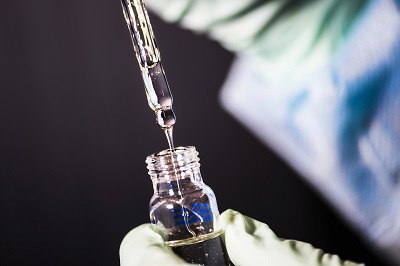Class D medical devices are classified as high-risk devices by the Saudi Food and Drug Authority (SFDA). They require the most stringent regulatory controls due to their potential impact on patient health and safety. Examples of Class D devices might include certain types of implants, life-supporting devices, or devices used in critical care.
Key Steps for Registering a Class D Medical Device with the SFDA:
Determine Device Classification: Ensure that your device is correctly classified as Class D. This classification impacts the level of regulatory scrutiny required.
Preparation:
- Technical Documentation: Gather comprehensive documentation, including device specifications, design and manufacturing details, clinical data, and risk management information.
- Standards Compliance: Ensure compliance with relevant international standards (e.g., ISO standards).
Local Representation: If you are not based in Saudi Arabia, appoint a local authorized representative or agent who will handle communication with the SFDA on your behalf.
Register on SFDA System:
- Create an account on the SFDA’s electronic registration system (SFDAsystem).
Prepare and Submit Application:
- Application Form: Complete the SFDA’s application form for Class D medical devices.
- Documentation: Upload all required documents, including the device’s technical file, clinical data, and proof of compliance with international standards.
- Submit Application: Submit your completed application through the SFDA electronic submission system.
Fee Payment:
- Pay the registration fees as specified by the SFDA. Fees may vary depending on the device and the application process.
Review Process:
- The SFDA will review your application. They may request additional information or clarification during this phase.
Inspection and Evaluation:
- For Class D devices, the SFDA may conduct an inspection of the manufacturing site or evaluate the device in more detail.
Approval and Certification:
- Once the SFDA is satisfied with the submitted documentation and evaluation, they will issue a registration certificate.
Post-Market Requirements:
- After registration, comply with post-market surveillance requirements, including reporting any adverse events or device performance issues.
Tips:
- Consult SFDA Guidelines: Refer to the SFDA’s specific guidelines for Class D devices to ensure all requirements are met.
- Regulatory Affairs Expert: Consider consulting with a regulatory affairs expert to navigate the complex registration process efficiently.

Contact Us:
Whatsapp or Wechat:+86 15816864648;email address:hito.lin@grzan.cn
.png)
.jpg)

.png)

.png)